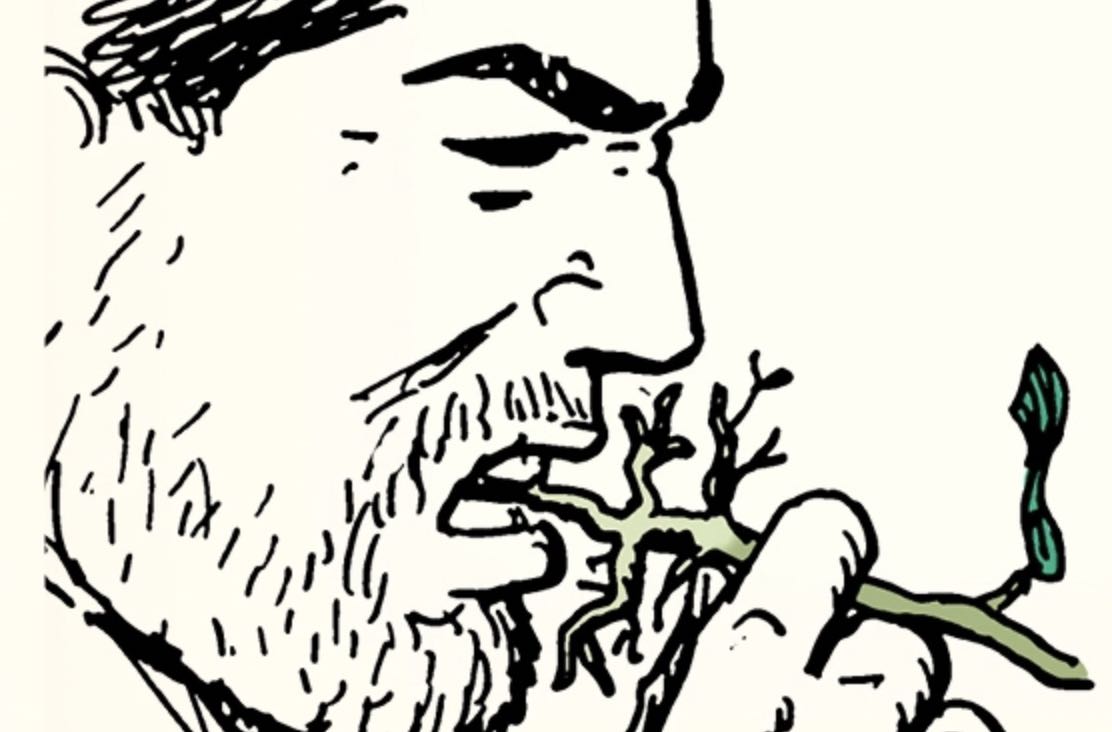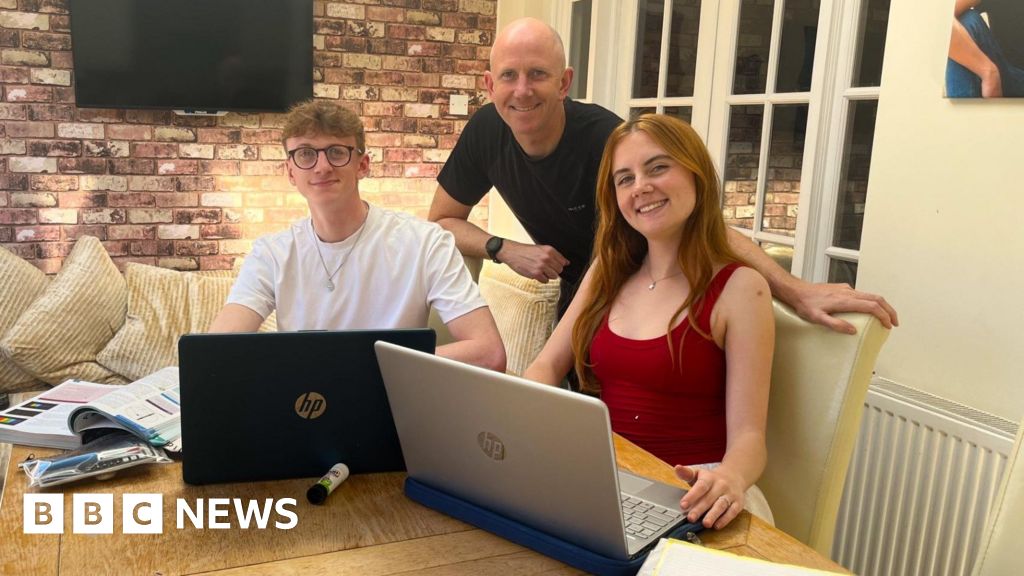Adam Savage Advocates for Intentional College Decisions, Emphasizing Individual Paths
Adam Savage, renowned for his role as host of the popular television series "Mythbusters," recently shared his insights on the college experience during a discussion on his YouTube channel, "Adam Savage's Tested." He emphasized that pursuing higher education should be a thoughtful and intentional choice rather than an automatic step in the educational progression.
In his view, college is undeniably valuable, but only if students are genuinely interested in what they want to learn. Savage argues that the traditional educational pathway can often feel like an unyielding monolith that students are expected to navigate from an early age. "We encounter school so early that it is just this monolith, right?" he explained. "We encounter school as literal babies, and then toddlers, and then children, and then young adults, and then we go through the slog of junior high and high school, and we're supposed to go to college." This perspective suggests that many students may feel pressured to attend college without thoroughly considering whether it aligns with their personal goals and interests.
According to Savage, taking a gap year can provide much-needed clarity for those unsure about their future. He recounted the experience of one of his sons who chose to work in production in Los Angeles following his high school graduation before embarking on a college journey. "That was a spectacular move for him. He got to live as an adult with a job that had to pay rent, he had a roommate he got the full life experience at 18," Savage noted. This real-world experience, while challenginghe described his son returning with a thousand-yard stare from the demanding independent film industrywas ultimately enriching. He suggested that having real-life experiences can fundamentally change a student's perspective on education.
Moreover, Savage revealed that his wife also took a break from her studies to gain work experience, eventually returning to college with renewed clarity and determination. Her journey illustrates the point that sometimes stepping away from academia can lead to a clearer understanding of ones passions and aspirations. "She started watching her peers go on and graduate and move on, and she was working as a waitress, and she was like, 'Yeah, I want to get back into this. I think I'm losing time,'" he shared. This renewed sense of purpose helped her succeed when she finally returned to her studies.
However, Savage also recognizes that for some individuals, diving straight into college can be beneficial, particularly for those who have a clear direction. He noted, "Everybody I've ever met who went back to school knowing what they were going for none of them ever got anything but an A in anything that they were doing," highlighting that genuine interest in a subject often translates into academic success. This reinforces the idea that passion can be a significant motivator in higher education.
In summary, Adam Savage believes that while the path to higher education is not one-size-fits-all, there is a need for individuals to assess their experiences, motivations, and goals carefully. He pointed out that there is often too much emphasis on traditional metrics and experience, and not enough focus on the unique skill sets and perspectives individuals can bring to their work. "I have long said that there are people I have met, who don't make stuff for a living, who I would hire in a heartbeat to build stuff in this cave, on the clock for me," he remarked from his workshop, emphasizing the importance of recognizing diverse talents beyond conventional educational achievements.






















